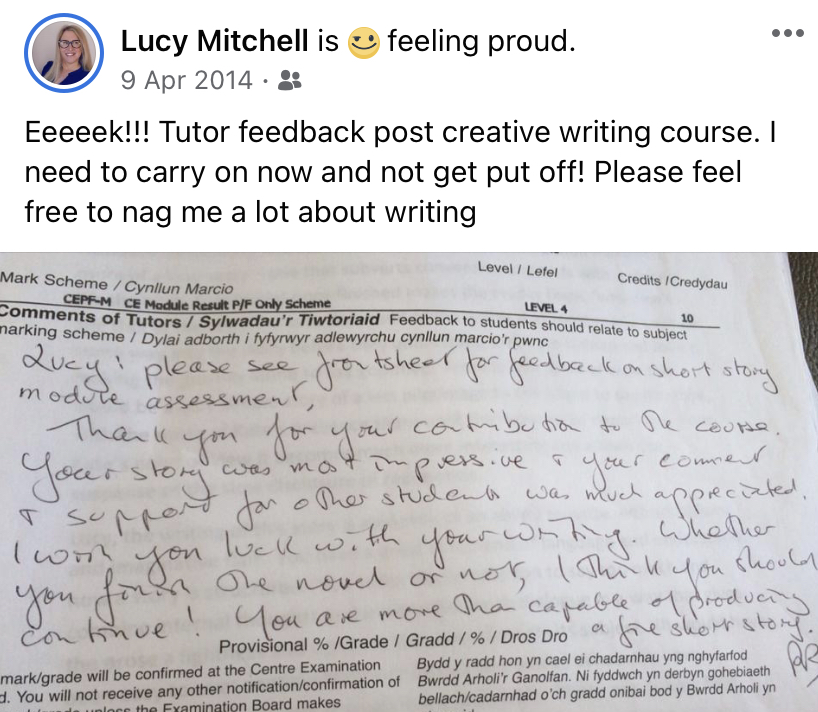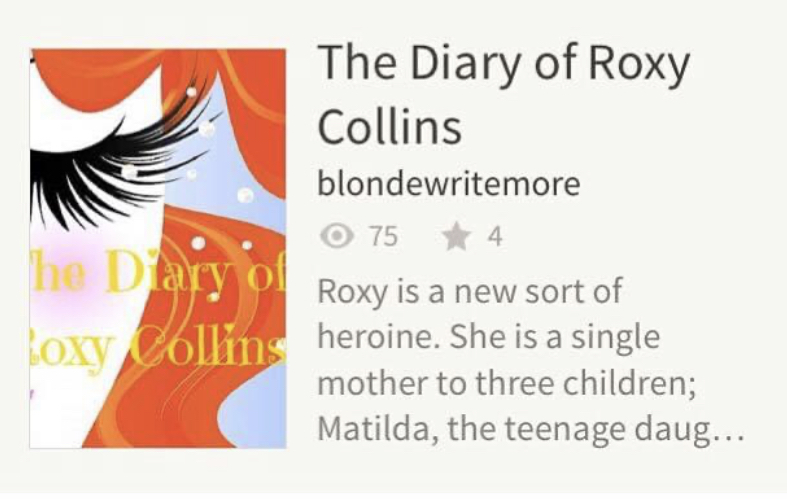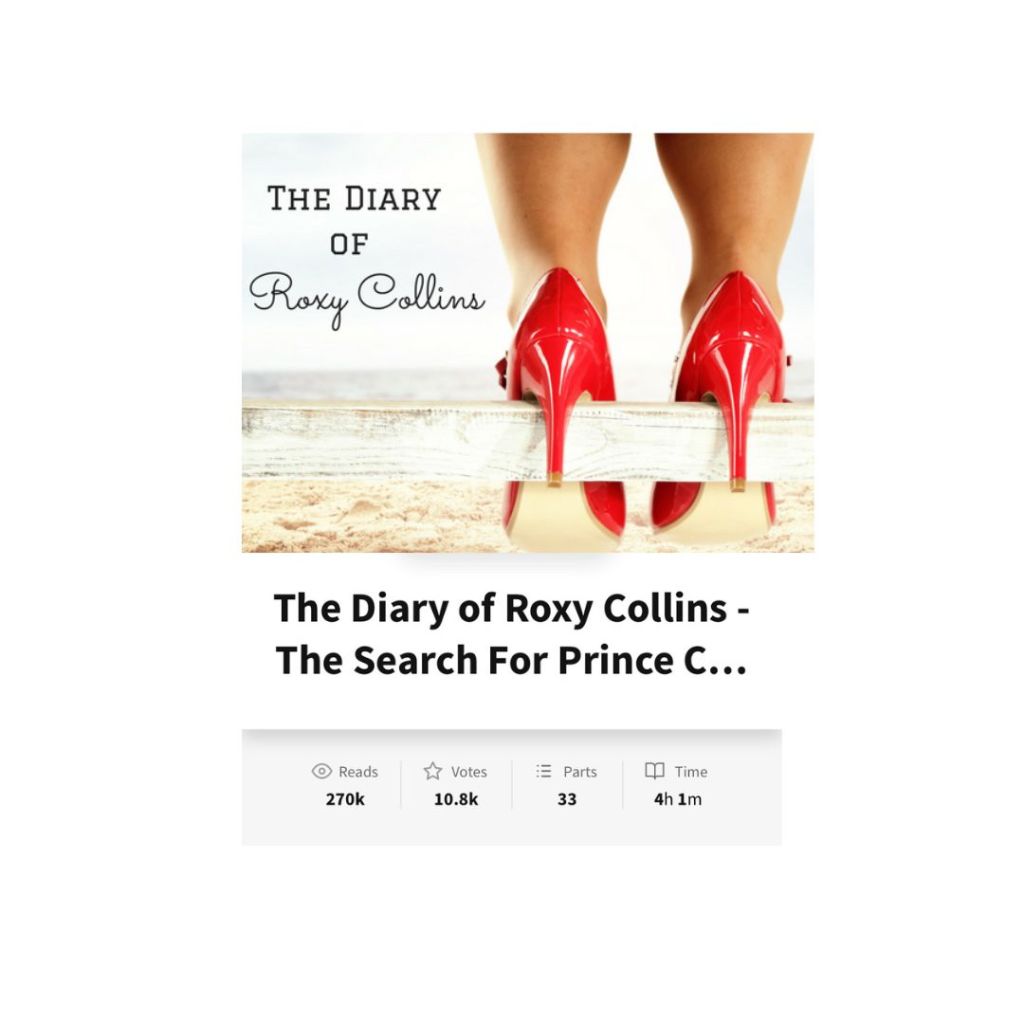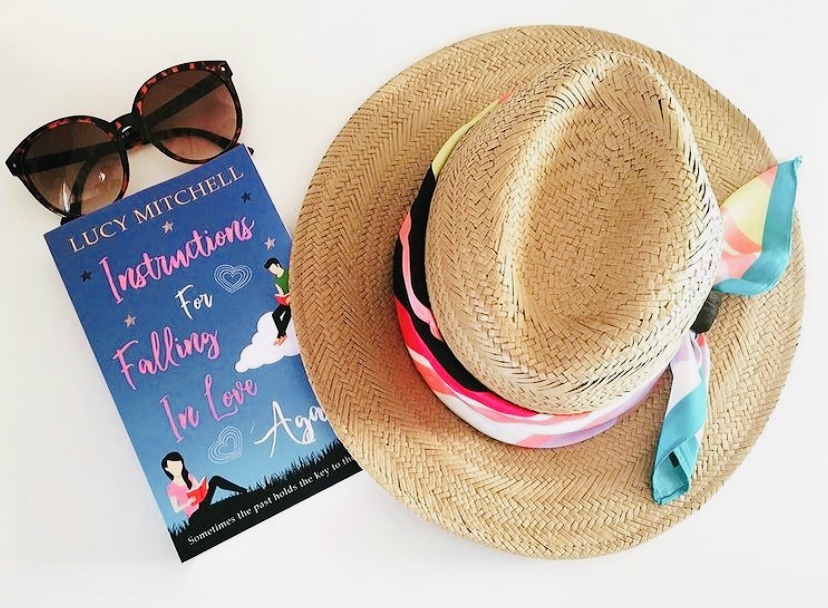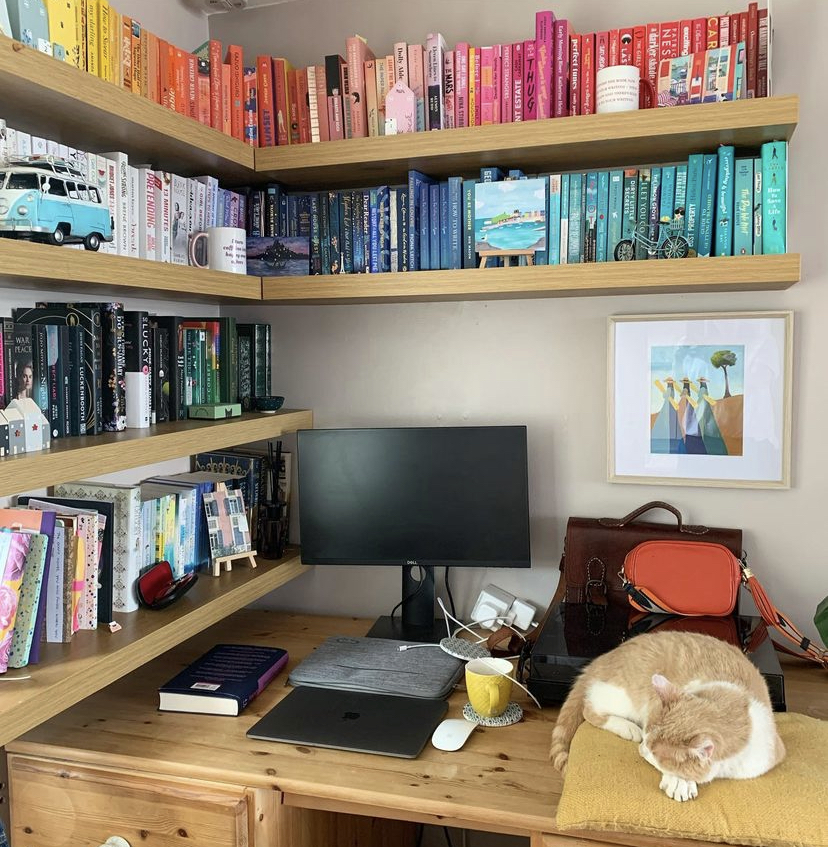To the non-writer a draft novel is just a pile of papers. They won’t see it as a living thing. If you asked them whether a draft novel was capable of communicating with a human, the non-writer would probably laugh, roll their eyes or frown before asking whether you had been in the sun for too long.
To the writer their draft novel is a living thing. It communicates with them regularly, even when they are trying to avoid it. A draft novel senses when the writer is ready to write and it knows when the writer is actively trying to avoid it.
Once you start delving into this strange phenomenon of unspoken communication you will see why a writer’s life is so exhausting.
With so much unspoken communication going on between you and your draft novel it’s a wonder you have the energy to communicate with fellow humans, let alone write a bestseller.
Here are some examples of unspoken communication between a writer and their draft novel:
The Nudge.
The writer receives what can only be described as a mental nudge from their draft novel. It normally occurs when the writer is being lazy and the draft novel is getting fed up of waiting around or being second best to a Netflix series. I would like to point out that the nudge can also be administered when the writer and their draft novel are physically apart. I have been nudged in business meetings, in the supermarket confectionary aisle and on the beach in Majorca.
The Alarm Bell.
The write receives a warning signal, in their head, from their draft novel to alert them about a potential problem. It could be plot related, connected to a character or quality of writing in the first chapter. Again the writer and their draft novel can be physically apart for this to occur. Plus the writer doesn’t even have to be conscious as some draft novels will send their writer an alarm bell message whilst they are sleeping.
The Itch.
This is where the writer receives what can only be described as an itch to write. The draft novel is responsible for giving the writer the itch. Some writers get an itch on a regular basis and some of us can go weeks, even months, without an itch. When it finally happens we are somewhat relieved.
The Brain Takeover.
This is when the draft novel takes over the writer’s brain which means the writer cannot think about anything else. It normally occurs on first drafts and on subsequent drafts when you are close to finishing.
The Sacrificial Lamb.
This mental signal lets the writer know their draft novel is ready to be sacrified for something better. It normally occurs at the start of a second or third draft but for some poor writers it can happen in the middle of drafts. The writer will give a solemn nod and whisper, “I’m sorry,” before gritting their teeth and deleting, rewriting and cutting up their beloved draft novel.
The Phoenix.
This mental signal occurs when the writer’s draft novel has been shelved, binned or forgotten about for some time. The draft novel will contact the writer (could be any time, day or night) and rise like a phoenix from the flames inside their mind. Shortly after this the writer will be seen making a mad dash through the house to their writing desk, to read the old story they ditched a few months ago, which now feels like the next big literary thing.
The Flirt.
This is where the writer’s draft novel flirts with the writer. It will send out flirty signals and will do its best to lure the writer away from a dull family gathering or large pile of ironing. Damn it – draft novels can be so attractive at times!
The Changeling.
This is where the draft novel signals to the writer that they are turning or have turned into something else. The writer might have started out with plans for their draft novel to be a sugary romance but half way through realised they have the makings of a good crime story (because one of their characters took a relationship break up badly). I have recently experienced this situation. My draft romance novel signalled to me it wasn’t the same story I had started out with.
The Mischievous Tease.
A draft novel can tease a writer. It can send them flirty ‘write me’ signals and when the poor writer turns up the urge to write disappears. All the draft novel needs is a few naughty fictional characters and it can make the writer’s life a misery. I have also experienced this. How the hell the successful authors deal with one of these situations I don’t know!
The Bestseller Wink.
This can be likened to a cheeky wink. The draft novel and writer will exchange something unspoken and special. It will result in the writer beaming and the draft novel shuffling with pride.
I hope you have enjoyed reading about this wonderful topic.
Just keep writing x



